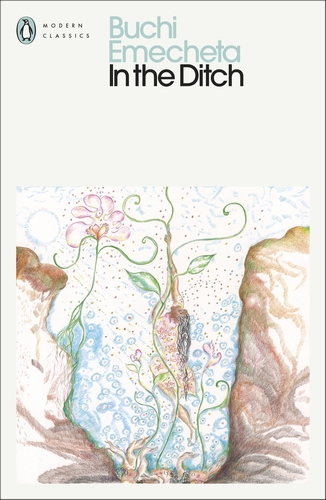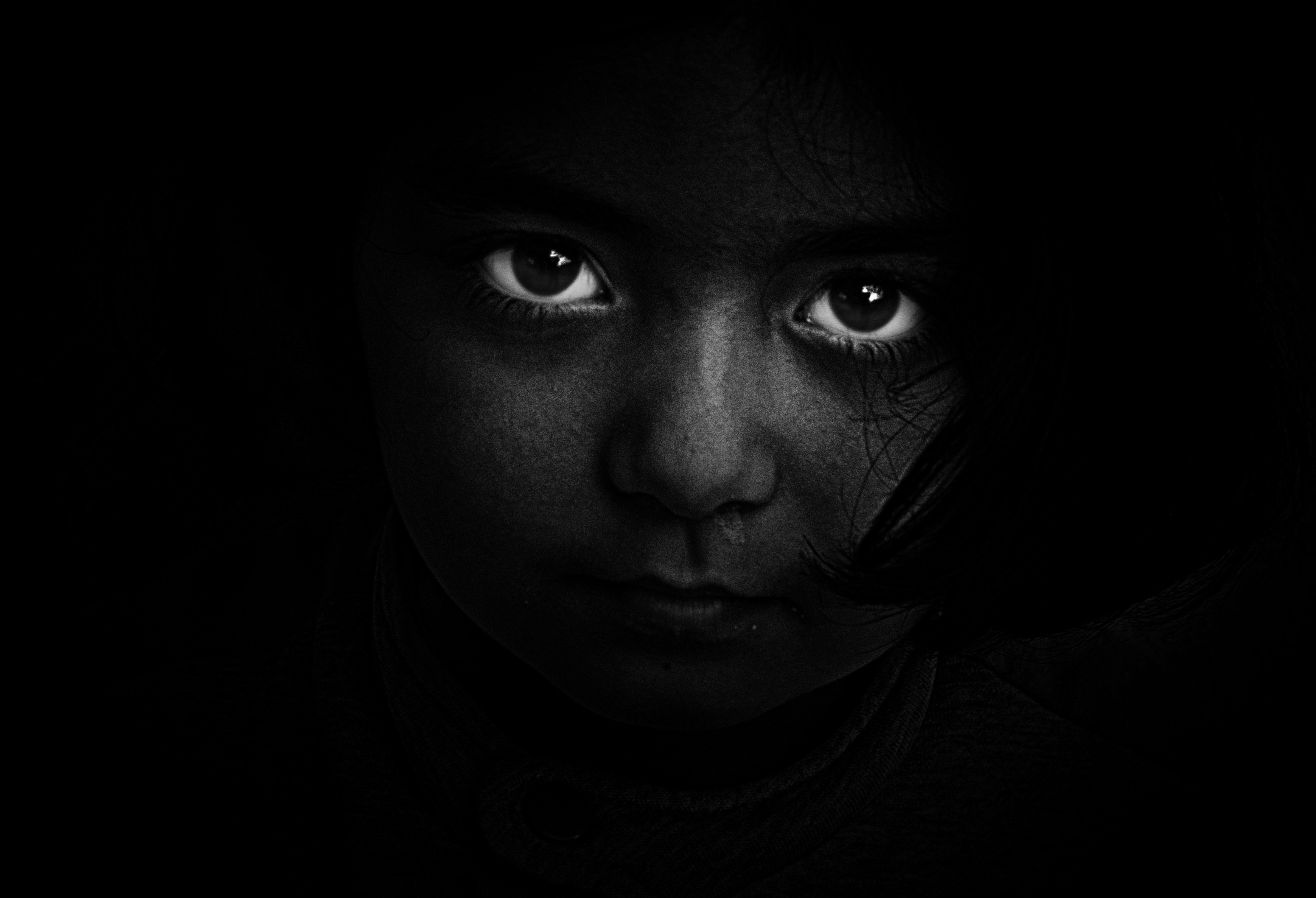Buchi Emecheta, orphaned as a child, came to London from Nigeria in the 1960s. When her marriage broke down she was only 22 and with five young children to bring up as a single mother. She died in 2017.
Sean Sheehan
The difficulties she faced in London are the basis for her first novel “In the ditch” and the story contrasts with Timothy O’Grady’s account of Irish immigrants to Britain in “I could read the sky”.
The men he writes about have to endure a mostly solitary life, often seeking solace in a pub to give them some sense of a community but it is a superficial consolation that cannot assuage the melancholy that comes from memories of the life they had to walk away from in order to earn a living in another country.
The immigrant in Emecheta’s autobiographical story, Adah, rarely looks back and perhaps there is little she wants to remember.
Consumed by the challenge of single-handedly raising children – the missing father does not occasion regret or recrimination – she gets on with the daily task of making ends meet.
A one–bedroomed flat in a paraffin-heated Camden council block provides a home of sorts but the building is in disrepair and there are rats and cockroaches to contend with as well as a mixed set of neighbours.
Having to give up her job to look after the children, she joins other unemployed neighbours living in what she calls a ditch: “All would stay in the ditch until somebody pulled them out or they sank under.”
 It was not until 1968 that the Race Relations Act made illegal the kind of racial discrimination that until then could be seen in notices in the windows of houses and flats for rent: “No coloureds’ notices were not unknown (as were similar ones directed at the Irish).
It was not until 1968 that the Race Relations Act made illegal the kind of racial discrimination that until then could be seen in notices in the windows of houses and flats for rent: “No coloureds’ notices were not unknown (as were similar ones directed at the Irish).
Adah is well aware of racial prejudice and, although she finds that being one
of the poor in a deprived council estate gives a protective degree of social cohesiveness, empathy for fellow immigrants never deserts her: Even the road sweepers would invariably greet her and she would answer back with a nice ‘Hello, brother’. She was not sure why she had this attitude in England; at home she would have ignored them but here she felt that a black man working by the side of the road or in the company of white friends needed to have his morale boosted.
At one moment her own morale needs boosting for when she uncharacteristically hits one of her children in front of other people she does so with the thought that this is what is expected, ‘frightened that her real self was not good enough for the public”.
 “In the ditch” is a precious and inspiring piece of working-class writing and it has lost none of its vibrancy since first being published in 1972.
“In the ditch” is a precious and inspiring piece of working-class writing and it has lost none of its vibrancy since first being published in 1972.
Emecheta writes with quiet confidence in the validity of her experiences and insights into immigrant life.
“In the ditch”, by Buchi Emecheta, is published by Penguin.
(Photos: Pixabay)












.jpg)












